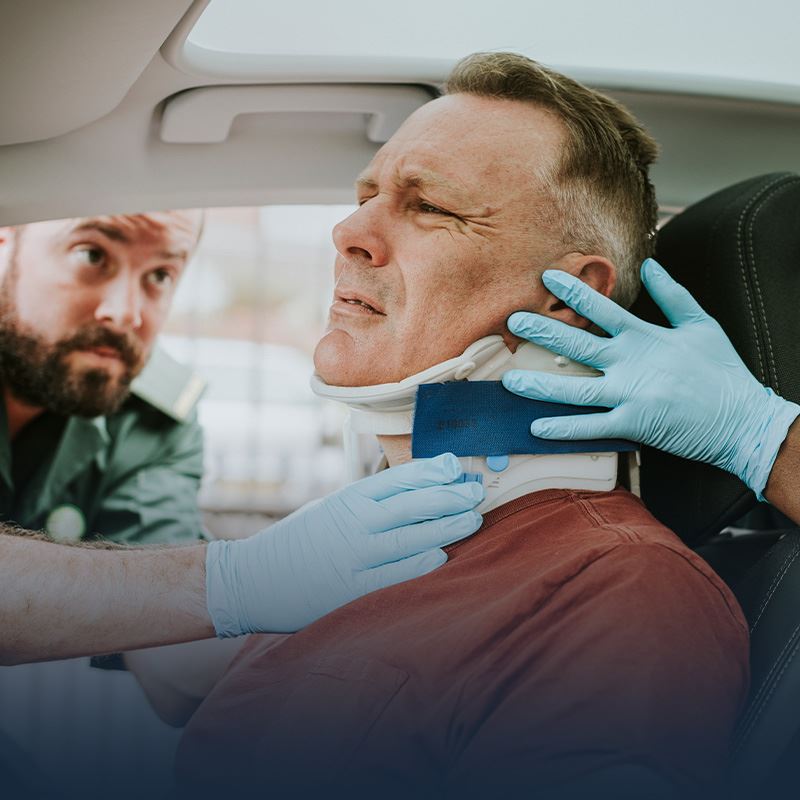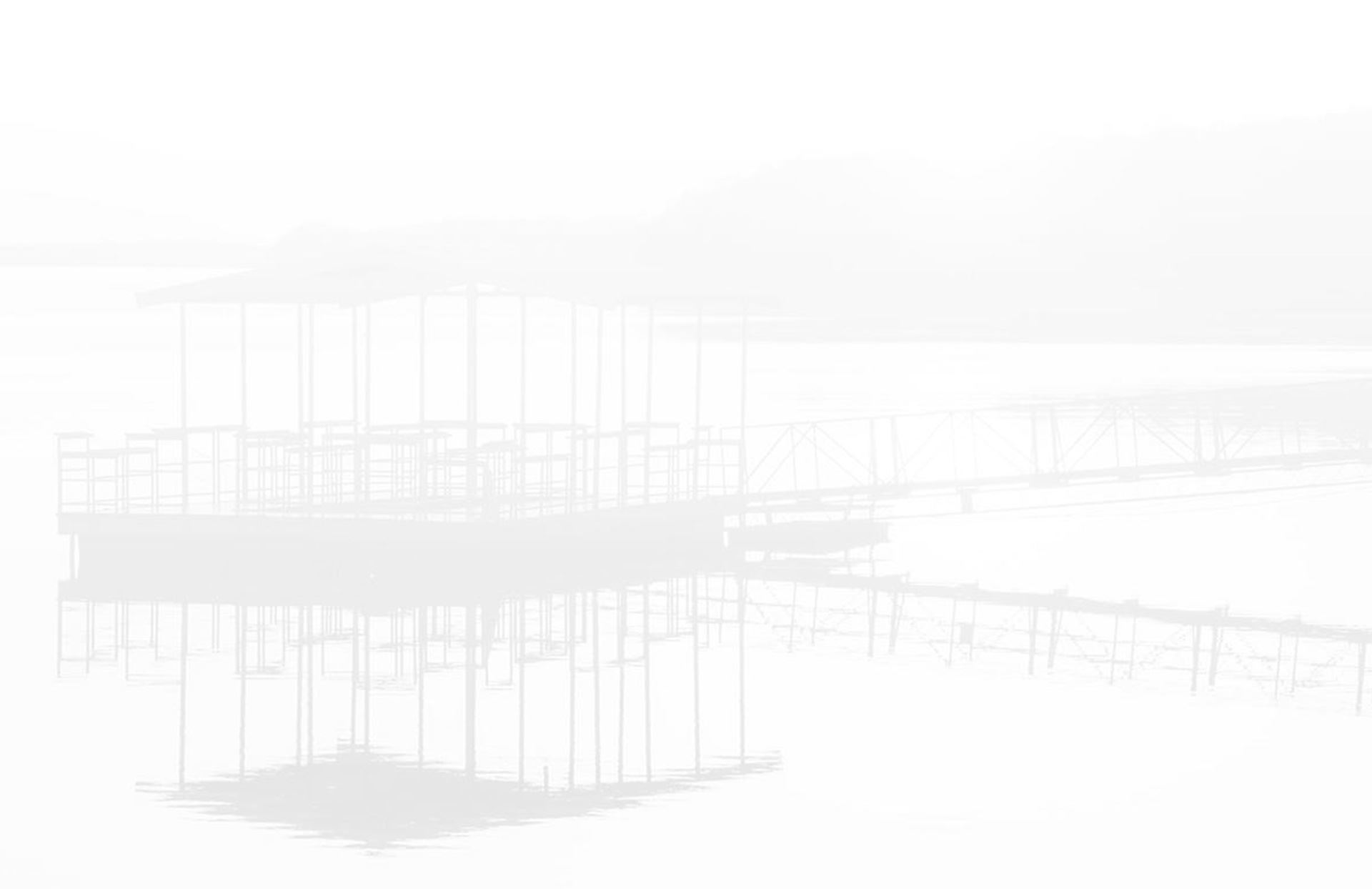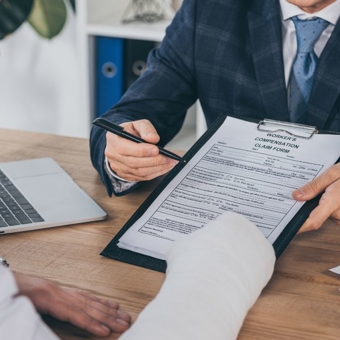
Columbia, MO Workers' Compensation Attorney
Fighting for Work Injury & Illness Victims Across Boone County
If you’ve been injured on the job, filing a workers' compensation claim as soon as possible is imperative. Unfortunately, it can be difficult to attend to legal matters while you’re recovering from an injury and even more challenging to obtain the benefits you deserve when complications or disputes arise.
At Aaron Sachs & Associates, P.C., our award-winning legal team is devoted exclusively to fighting on behalf of injured clients and families in Missouri. Handling matters involving both workers' compensation and personal injury law, we’ve recovered over $400 million in compensation for our clients and have become known as a trusted team of honest and ethical advocates.
If you suffered a work-related injury or illness or lost a loved one in a fatal work accident, we have the experience to help you navigate the journey ahead.
Our Columbia workers' compensation lawyers proudly serve clients across Boone County, Mid-Missouri, and beyond. Call (888) 287-1046 or contact us online to request a free review of your case.
Missouri Workers' Compensation Law – What Is It?
Missouri’s workers' compensation law (Chapter 287 of the Revised Statutes of Missouri) outlines the rights and obligations of employees and employers when employees suffer work-related injuries or occupational diseases. Generally, it ensures that workers employed by covered employers can obtain medical care, wage supplementation, and other benefits after being hurt on the job.
Missouri's workers' compensation system is designed to be no-fault, meaning employees are entitled to benefits regardless of who was at fault for the injury. This system aims to provide prompt medical treatment and financial support to injured workers while minimizing the need for litigation. Employers can also benefit from this system as it limits their liability, providing a predictable structure for handling workplace injuries.
As an injured worker, you may be covered by Missouri’s workers' compensation law if your injury or illness arose in the course and scope of your employment and:
- You were injured in the state of Missouri;
- You were hired in Missouri; or
- Your work was principally done in Missouri.
While Missouri law makes workers' compensation available to countless workers across the state, the process of obtaining these benefits can be challenging. That’s because there are various requirements that must be met, numerous forms and paperwork to file, and many steps where problems can arise.
Potential pitfalls in the process can occur, such as missing filing deadlines, not reporting the injury promptly, or receiving inadequate medical evaluations. Understanding these processes and requirements can be daunting without professional assistance. That's where knowledgeable legal guidance becomes invaluable, ensuring all necessary steps are taken timely to support a claim effectively.
At Aaron Sachs & Associates, P.C., we provide step-by-step guidance to help workers and families navigate the workers' compensation claim process and position themselves for the full benefits they deserve. We also routinely handle claims involving insurance disputes, claim denials, appeals, and third-party claims. Whatever your case entails, we have the experience to protect your rights at every stage.
Requirements For Workers’ Compensation in Missouri
If you’ve been injured or sickened on the job in Missouri, you’re likely entitled to workers' compensation benefits. However, you’ll want to ensure that you meet a few essential requirements. These generally include:
- Covered Employer. Most for-profit and nonprofit companies with more than five employees are required by Missouri law to carry workers' compensation insurance, as are some companies with fewer employees, including contractors with just one worker. You’ll need to ensure your employer is a “covered employer” to file a workers' compensation claim.
- Work-Related Injury. For your injury or illness to be covered by an employer’s workers' compensation insurance, it must have occurred in the course of your employment. This means that it happened while you were at work or while you were performing work-related duties.
- Report to Employer. You must report your injury to your employer (or supervisor) as soon as possible. Under Missouri law, workers are required to give written notice of the time, place, and manner of the injury within 30 days. For overuse injuries, this means within 30 days of when you became aware of the problem.
- Approved Providers. If you require medical treatment for your injury, your employer’s workers' compensation insurance will cover all reasonable and necessary expenses, so long as you obtain care from an approved provider. While you have the right to choose a doctor or specialist of your own to treat your work injury, doing so will come at your own expense.
- Disability Certification. If you need lost wage benefits while you are out of work, your authorized treating doctor (and/or an independent medical examiner hired by the workers' compensation insurance company) must first certify that you are unable to work due to your injury, or that you can only perform light duty, when available. This certification will also determine whether you can collect Temporary or Permanent Disability benefits.
Injuries Workers' Compensation Insurance Covers
For any injury or illness to be covered by workers' compensation, it must arise in the course of employment, which means it happens while the employee is doing something on behalf of the employer or during work hours.
In Missouri, workers' compensation insurance can provide vital financial protections and support following many different types of work-related injuries and illnesses. Some common examples include:
Traumatic Injuries
These are unexpected physical injuries that occur suddenly at work. Examples include:
- Falls: From heights or on the same level, such as slipping on a wet floor.
- Impact Injuries: Resulting from being struck by equipment or machinery.
- Cuts and Lacerations: From incidents involving sharp objects like tools or machinery.
- Burns: Caused by fire, chemicals, or electrical contact.
Traumatic injuries are typically the most straightforward in terms of proving they are work-related, provided they happen at the workplace or while performing job-related tasks.
Repetitive Strain Injuries (RSIs)
RSIs are caused by overusing a particular part of the body, often due to repetitive tasks or poor ergonomics. Common RSIs include:
- Carpal Tunnel Syndrome: From constant keyboard use or assembly line work.
- Tendonitis: Due to repeated motion, leading to inflamed tendons.
- Bursitis: Inflamed bursae resulting from repetitive movement or pressure.
RSIs are compensable when an employee can prove the injury is directly linked to the duties of their employment over time.
In addition to these, many workers suffer from workplace-related mental stress injuries, which can be recognized under workers' compensation if they can be shown to result from work demands or hostile work environments. Addressing these less visible injuries is also crucial as their impact can be deeply profound and long-lasting, affecting both personal and professional lives.
Occupational Illnesses
These are illnesses or conditions that develop due to exposure to harmful factors in the workplace. Some examples are:
- Respiratory Diseases: Such as asthma or chronic obstructive pulmonary disease (COPD) from inhaling toxic substances.
- Skin Disorders: Caused by contact with irritants or allergens.
- Hearing Loss: From long-term exposure to loud noise.
Occupational illnesses must be shown to be directly caused by work conditions or exposures.
Workers' Compensation vs. Personal Injury Claims
Workers' compensation claims are not the same as personal injury lawsuits. While both concern injuries and compensation, they have distinct differences. For example:
- Sole Legal Remedy. Workers' compensation is typically the “sole legal remedy” for workers who suffer injuries or illnesses on the job. This means that once a worker opts for it, they usually cannot pursue a separate personal injury claim against their employer.
- No-Fault System. Unlike personal injury claims, where victims must prove their claims in accordance with a certain legal standard, workers' compensation is a no-fault system. This means employees do not need to prove their employer was at fault to receive benefits. In fact, workers can still collect workers' compensation benefits even if they caused their own injuries.
- Damages / Compensation Coverage. There are some important differences in the scope of losses covered by workers' compensation and personal injury claims. Workers' comp, for example, covers medical expenses, partial wage loss, disability, and death benefits. In personal injury cases, victims can recover all lost wages (and future earnings) and compensation for their pain and suffering and other non-economic losses. These losses can be significant, especially in cases involving catastrophic injuries or wrongful death.
- Legal Process: Personal injury claims can be resolved through a formal court proceeding (trial) or an informal settlement before filing a lawsuit, and will generally follow legal processes such as discovery, motions, etc. Workers' compensation, on the other hand, is an administrative process, although there are legal processes that require court intervention when workers appeal denials.
In some situations, workers injured on the job may have grounds to pursue a civil personal injury case. This typically happens when a third party (such as a subcontractor, property owner, product manufacturer, or other individual or entity who isn’t the worker’s employer) negligently caused the injury.
At Aaron Sachs & Associates, P.C., our Columbia workers' compensation lawyers have extensive experience handling both workers' compensation and personal injury claims arising from work accidents. We can evaluate your options for bringing a third-party personal injury claim, as well as how we can help you fight for the maximum financial recovery possible, during a consultation.
Call Today For a FREE Consultation: (888) 287-1046
Workers' compensation cases are time-sensitive matters, which is why we encourage anyone with a case or question to reach out to our team as soon as possible. During a FREE and confidential consultation, we’ll be able to evaluate the facts of your case and discuss what we can do to help. We handle cases across Boone County, Mid-Missouri, and beyond.
Call (888) 287-1046 to speak with a Columbia workers' comp attorney from Aaron Sachs & Associates, P.C..
FAQs About Workers' Compensation in Columbia, MO
What should I do immediately after a work-related injury in Columbia, MO?
If you're injured at work, the first step is to report the injury to your employer as soon as possible. Missouri law requires that you notify your employer in writing within 30 days of the injury. Failure to report the injury within this timeframe may jeopardize your ability to receive benefits. After notifying your employer, seek medical treatment from a healthcare provider authorized by your employer or their workers' compensation insurance carrier.
What benefits can I receive from a workers' compensation claim in Columbia, MO?
Workers' compensation benefits in Missouri typically include medical treatment, temporary total disability (TTD) payments if you’re unable to work while recovering, and permanent partial or total disability benefits if the injury results in lasting impairment. You may also be entitled to vocational rehabilitation if you are unable to return to your previous job. In the case of a work-related death, surviving dependents may receive death benefits.
Can I choose my own doctor for treatment after a work injury?
In Missouri, your employer or their workers' compensation insurance carrier has the right to choose the healthcare provider who treats your work-related injury. If you decide to seek treatment from a doctor of your choice without authorization, you may be responsible for paying those medical bills. However, you can request a second opinion or additional treatment if you’re dissatisfied with the care provided.
How long do I have to file a workers' compensation claim in Columbia, MO?
In Missouri, you generally have two years from the date of the injury (or from the date you knew or should have known the injury was work-related) to file a formal workers' compensation claim with the Missouri Division of Workers' Compensation. If your employer fails to file a report of injury with the Division, the deadline may be extended to three years.


Our Testimonials
-
“My husband was in a car accident, we called Aaron Sachs, and are very glad we did! First of all, they sent someone to our home to interview my husband, so he did not have to drive all the way to Springfield to their office while he was in pain.”Former Client
-
“I was rear-ended by a non-insured driver. My car was totaled and I ended up having surgery on my shoulder. I was thrilled to get a settlement way larger than I could have dreamed.”Former Client


Updates & Articles
Useful Guidance on Frequently Asked Questions After Being in an Accident
-
 What Happens If You Can’t Go Back to Work After an Injury?Read More
What Happens If You Can’t Go Back to Work After an Injury?Read More -
 Can You Sue a Bar for a Drunk Driving Accident?Read More
Can You Sue a Bar for a Drunk Driving Accident?Read More -
 How Long Do I Have to File a Workers' Compensation Claim After an Injury?Read More
How Long Do I Have to File a Workers' Compensation Claim After an Injury?Read More -
 Common Causes of Car Accidents & Who's At FaultRead More
Common Causes of Car Accidents & Who's At FaultRead More -
 DUI Rates Go Up Around the Holidays: Here's What to Do If You Were Injured By a Drunk DriverRead More
DUI Rates Go Up Around the Holidays: Here's What to Do If You Were Injured By a Drunk DriverRead More -
 Am I Eligible for Workers' Compensation If I Was Injured at a Company Holiday Party?Read More
Am I Eligible for Workers' Compensation If I Was Injured at a Company Holiday Party?Read More

.2401181506165.png)










